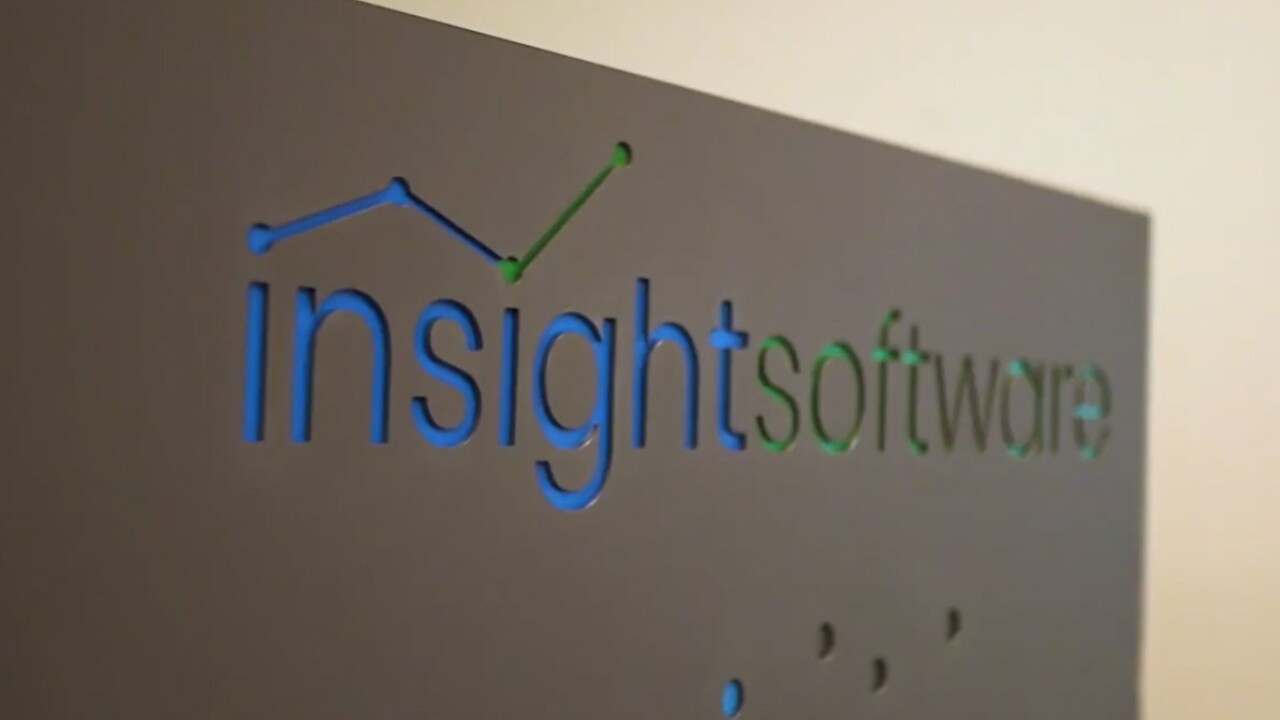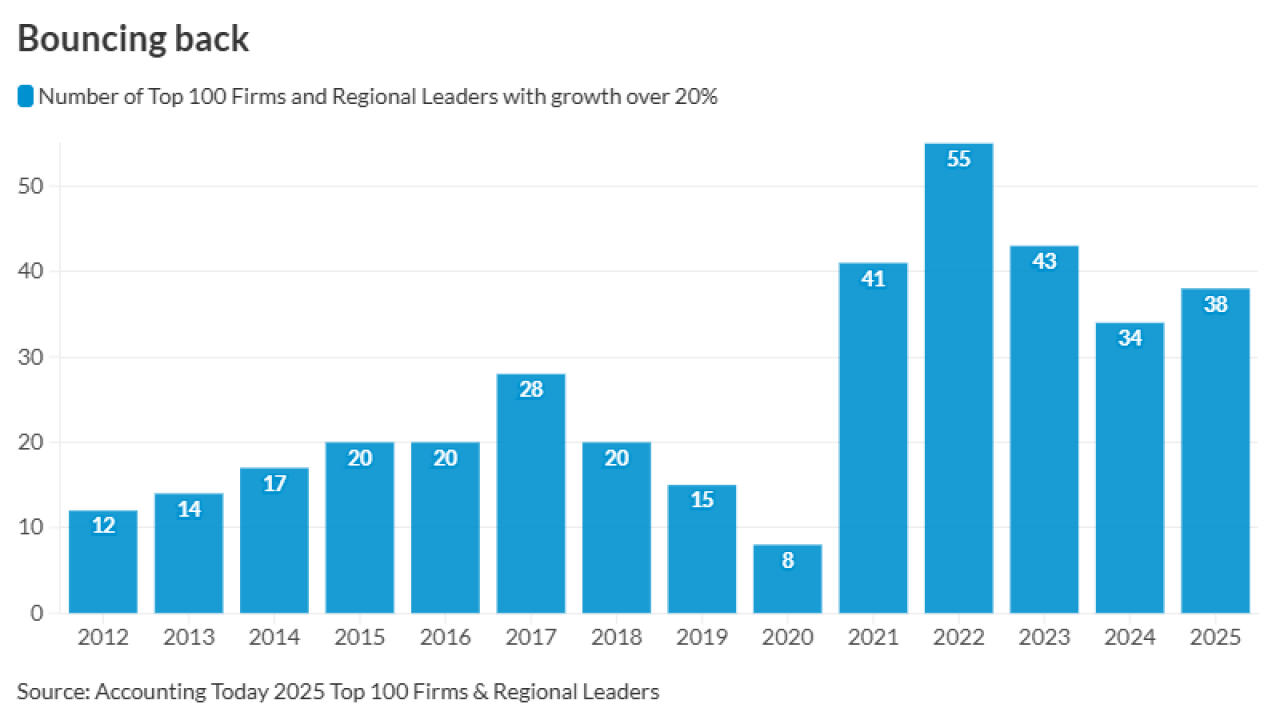Proponents of states' ability to require remote vendors to collect and hand over sales tax are positioning themselves for hoped-for legislative action before the end of the year.
There are currently three bills awaiting action in the Senate and the House of Representatives, and public relation efforts, both pro and con, are gearing up to affect legislative sentiment.
The three bills -- the Main Street Fairness Act, the Marketplace Fairness Act and the Marketplace Equity Act -- will have to be re-introduced if they are not acted on favorably by the end of the 112th Congress on Jan. 3, 2013. However, there is widespread optimism among proponents that the legislation will pass, in one form or another, by the end of 2013.
"People were saying that it wouldn't happen this year," said Steven Roll, assistant managing editor of state tax at Bloomberg BNA, but at a recent meeting of the Federation of Tax Administrators (an organization of state tax authorities) the atmosphere was upbeat, Roll observed. "People were talking about the legislation as if it were a fait accompli."
"In one session, panelist Joan Wagnon, executive vice president of FedTax and the former secretary of revenue for Kansas, detailed what the states need to do to prepare for the resulting influx of remote retailers," Roll reported. "The list includes contracting with certified service providers and adopting uniform standards for sharing data about rates and boundaries."
Moreover, Rich Prem, vice president of indirect taxes and tax reporting at Amazon.com, encouraged administrators to adopt solutions that will scale to handle upwards of 20,000 new sales tax registrants and to implement education initiatives aimed at remote retailers, Roll indicated.
"Amazon seems to be anticipating remote collection authority - it brokered a deal with California last year, which hinges upon [passage of authority to collect sales tax from remote retailers]," he said. "Plus, never has there been so many federal measures regarding sales tax collection pending at the same time."
THE DETAILS
The Main Street Fairness Act would allow states that adopt the Streamlined Sales and Use Tax Agreement to require that out-of-state merchants collect sales tax on merchandise sold to residents of their states. (The Streamlined Sales and Use Tax Agreement is a framework for helping states standardize, simplify and modernize their state sales tax structure. It originated in response to the Supreme Court decision in Quill, which barred states from collecting sales tax from remote sellers). The Marketplace Equity Act would allow states to collect sales taxes from remote vendors, other than small sellers, if they meet three minimum simplification requirements or enter into an interstate compact such as the Streamlined Agreement. The Marketplace Fairness Act provides a middle ground between the Main Street Fairness Act and the Marketplace Equity Act. It provides a path for states to collect sales taxes that incorporates a combination of either nine simplification steps or the adoption of the Streamlined Sales and Use Tax Agreement.
Rachelle Bernstein, vice president and tax counsel for the National Retail Federation, a proponent of the legislation, agreed that its time has come. Although there is the possibility of the legislation being brought up prior to the election, most observers believe it is more likely in a lame-duck session after the election. "There are a lot of expiring provisions that need to be re-instated, and if nothing is done it would result in $600 billion in one year of contractionary taxing and spending, so there's a very good chance that Congress will do something in a lame-duck session. The question is, can this get tacked onto one of the 'must-do' bills?"
In fact, Bernstein added, sponsors in the Senate are looking to tack it on to a bill prior to the election. "There's still a chance that that could happen," she said. "There's a lot of momentum for this bill. Many think that its passage is inevitable. It may be difficult to get done in the time that is left, but there's a decent possibility that it will happen."
As to which bill is most likely to pass, many note that the Marketplace Fairness Act is preferable both because it has bipartisan support and is a hybrid of the other two bills.
"Each bill grants states the authority to require remote sellers to collect sales tax on transactions into their respective state if simplification steps are adopted," said David French, senior vice president of government relations at the National Retail Federation, in testimony before the Senate Committee on Commerce, Science and Transportation. "The varying simplification requirements include tax base, tax rate, and collection software requirements. We generally prefer the hybrid structure of the Marketplace Fairness Act, which will allow states to choose between a state-based solution like the SSUTA or a set of federally mandated minimum simplification steps before gaining collection authority on remote sales."
Whatever form the legislation takes, it will be modified, observed Bernstein. "I can't say which version they will be working from. There are a few areas which might be modified. One is that they would include some more simplification regarding what software would need to provide. There also could be an adjustment in the size of the small-business exemption. There are different issues under consideration, but at the end of the day there should be an agreement in the House and the Senate."
Of course, there is opposition to the idea of legislation permitting states to require remote sellers to collect sales tax for them. "The issue that gets raised is whether this is a new tax," explained Bernstein. "It's not a new tax. There is already a tax liability; this is an issue of compliance and collection. Right now the liability is on the individual to pay use tax, so it's still due and owing. Nonetheless, there are a number of members of Congress that from the perception point of view don't want people to view them as voting for a new tax, and they would be more comfortable to vote for this after the election. It could probably pass now, but that support would be even stronger after the election."
One of those opposed to the proposed legislation, Bartlett Cleland, characterizes it as "an attempt to do an end-run around the Supreme Court's physical presence rulings that would place unfair compliance burdens on small businesses around the country."
"Further, instead of reinforcing the Supreme Court's requirement that states simplify their tax regimes, the [legislation] simply deems the states as having already done so," said Cleland, policy counsel with the Institute for Policy Innovation.
"States are already free to simplify their tax systems without any action by the federal government, and they were directed by the Supreme Court nearly 50 years ago to do so if they wanted such authority," he said. "Having failed to do so, they are now turning to Congress to bypass both the simplification and physical presence requirements."





